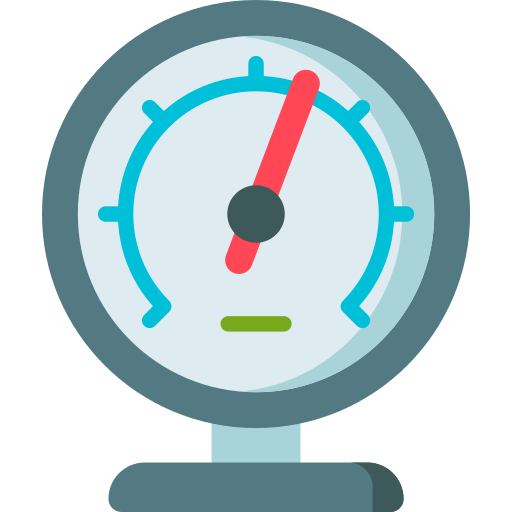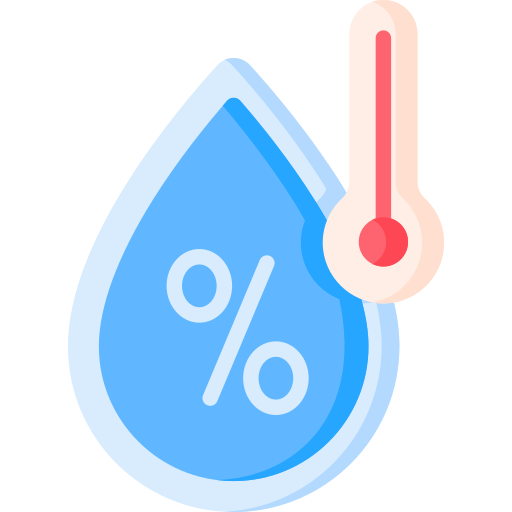Copenhagen - Introduction

About Copenhagen
Copenhagen (Danish: København [kʰøpm̩ˈhɑwˀn] ) is the capital and most populous city of Denmark, with a population of 1.4 million in the urban area. The city is situated on the islands of Zealand and Amager, separated from Malmö, Sweden, by the Øresund strait. The Øresund Bridge connects the two cities by rail and road.
Originally a Viking fishing village established in the 10th century in the vicinity of what is now Gammel Strand, Copenhagen became the capital of Denmark in the early 15th century. During the 16th century, the city served as the de facto capital of the Kalmar Union and the seat of the Union's monarchy, which governed most of the modern-day Nordic region as part of a Danish confederation with Sweden and Norway. The city flourished as the cultural and economic centre of Scandinavia during the Renaissance. By the 17th century, it had become a regional centre of power, serving as the heart of the Danish government and military. During the 18th century, Copenhagen suffered from a devastating plague outbreak and urban conflagrations. Major redevelopment efforts included the construction of the prestigious district of Frederiksstaden and the establishment of cultural institutions such as the Royal Theatre and the Royal Academy of Fine Arts. The city also became the centre of the Danish slave trade during this period. In 1807, the city was bombarded by a British fleet during the Napoleonic Wars, before the Danish Golden Age brought a Neoclassical look to Copenhagen's architecture. After World War II, the Finger Plan fostered the development of housing and businesses along the five urban railway routes emanating from the city centre.
Since the turn of the 21st century, Copenhagen has seen strong urban and cultural development, facilitated by investment in its institutions and infrastructure. The city is the cultural, economic, and governmental centre of Denmark; it is one of the major financial centres of Northern Europe with the Copenhagen Stock Exchange. Copenhagen's economy has developed rapidly in the service sector, especially through initiatives in information technology, pharmaceuticals, and clean technology. Since the completion of the Øresund Bridge, Copenhagen has increasingly integrated with the Swedish province of Scania and its largest city, Malmö, forming the Øresund Region. With several bridges connecting the various districts, the cityscape is characterised by parks, promenades, and waterfronts. Copenhagen's landmarks, such as Tivoli Gardens, The Little Mermaid statue, the Amalienborg and Christiansborg palaces, Rosenborg Castle, Frederik's Church, Børsen, and many museums, restaurants, and nightclubs are significant tourist attractions.
Copenhagen is home to the University of Copenhagen, the Technical University of Denmark, Copenhagen Business School, and the IT University of Copenhagen. The University of Copenhagen, founded in 1479, is the oldest university in Denmark. Copenhagen is home to the football clubs F.C. Copenhagen and Brøndby IF. The annual Copenhagen Marathon was established in 1980. Copenhagen is one of the most bicycle-friendly cities in the world. Movia is a public mass transit company serving all of eastern Denmark except Bornholm. The Copenhagen Metro, launched in 2002, serves central Copenhagen. Additionally, the Copenhagen S-train, the Lokaltog (private railway), and the Coast Line network serve and connect central Copenhagen to outlying boroughs. Serving roughly 2.5 million passengers a month, Copenhagen Airport, Kastrup, is the busiest airport in the Nordic countries.
Copenhagen Current Weather
,
| Parameter | Value |
|---|---|
Wind 
|
|
Pressure 
|
|
Humidity 
|
|
Visibility 
|
|
UV Index 
|
|
Precip 
|